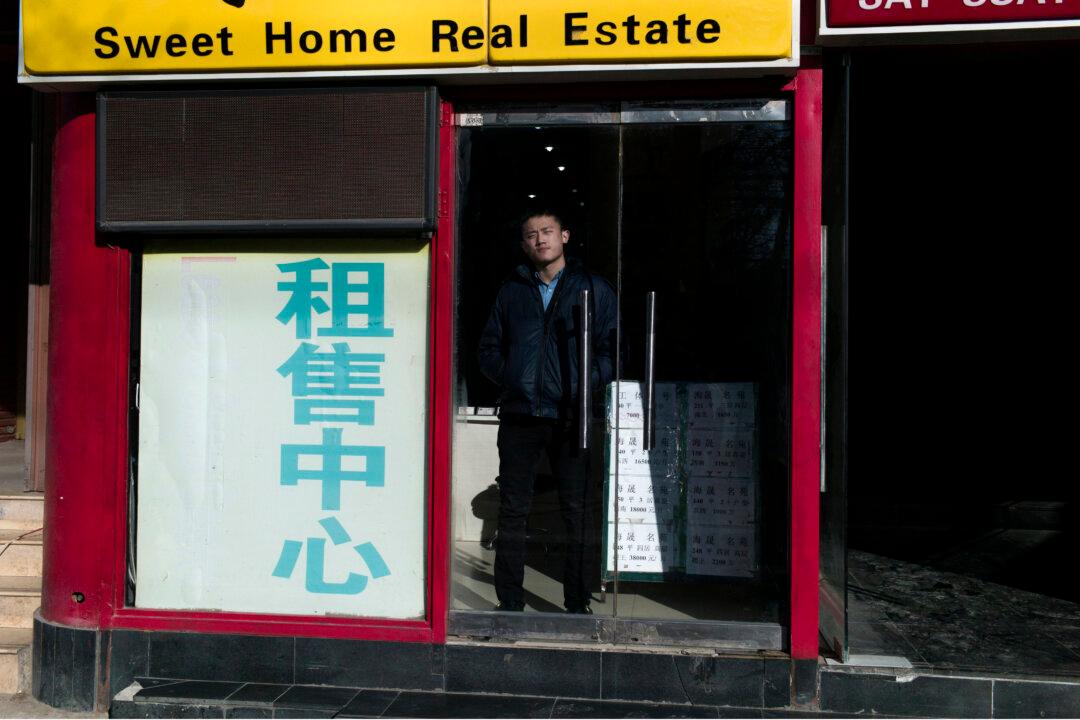Throughout November, both property prices and transactions have maintained a downward slide in the Chinese cities of Beijing, Shanghai, Guangzhou, Shanghai, and Shenzhen. Meanwhile, real estate developers have purchased less land, purchasing just 60 percent of the October total.
Chinadatapay, a Chinese data supplier, reported that in November, real estate developers made 68 purchases of land for a total value of 62.6 billion yuan ($9.16 billion)—the lowest land-purchase volume in 2018. It is just 35 percent of the figure for November 2017.





